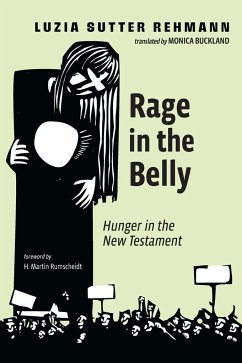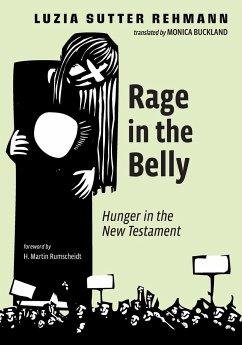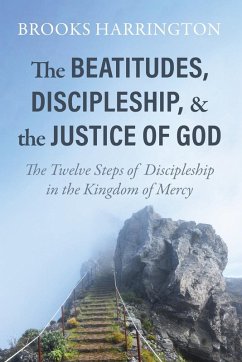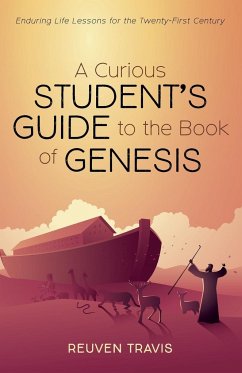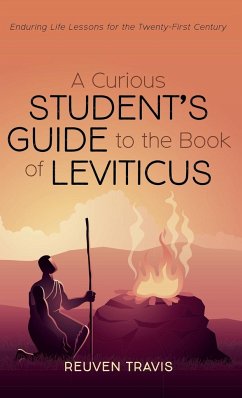How is rage related to hunger? Hunger is a liminal experience, connected to powerlessness, shame, and violence. Hunger does not issue into speech. It cannot therefore be easily found in the biblical texts, written by (and about) people who knew hunger. It hides behind the words in these texts. Rage, conversely, finds expression; and in the texts, it can alert readers to hidden experiences of hunger. But rage is not just a response to the lack of food. It is also a transformative force, reaching towards a justice that is not yet real. The experience of hunger and the fear of famine often go hand in hand with anger--a rage that can bring whole populations to their feet. Luzia Sutter Rehmann develops a biblical hermeneutic that centers on the ""fire"" in the belly of the hungry, their rage that leads to protests and uprisings. Her reading shows ""the poor"" or ""the many"" as those with whom Jesus cooperates and as subjects acting on their own initiative. The book also highlights key socio-historical information on the food situation of ancient Rome and Palestine: on poverty, political dependence and unrest, droughts, and famines.
Hinweis: Dieser Artikel kann nur an eine deutsche Lieferadresse ausgeliefert werden.
Hinweis: Dieser Artikel kann nur an eine deutsche Lieferadresse ausgeliefert werden.

